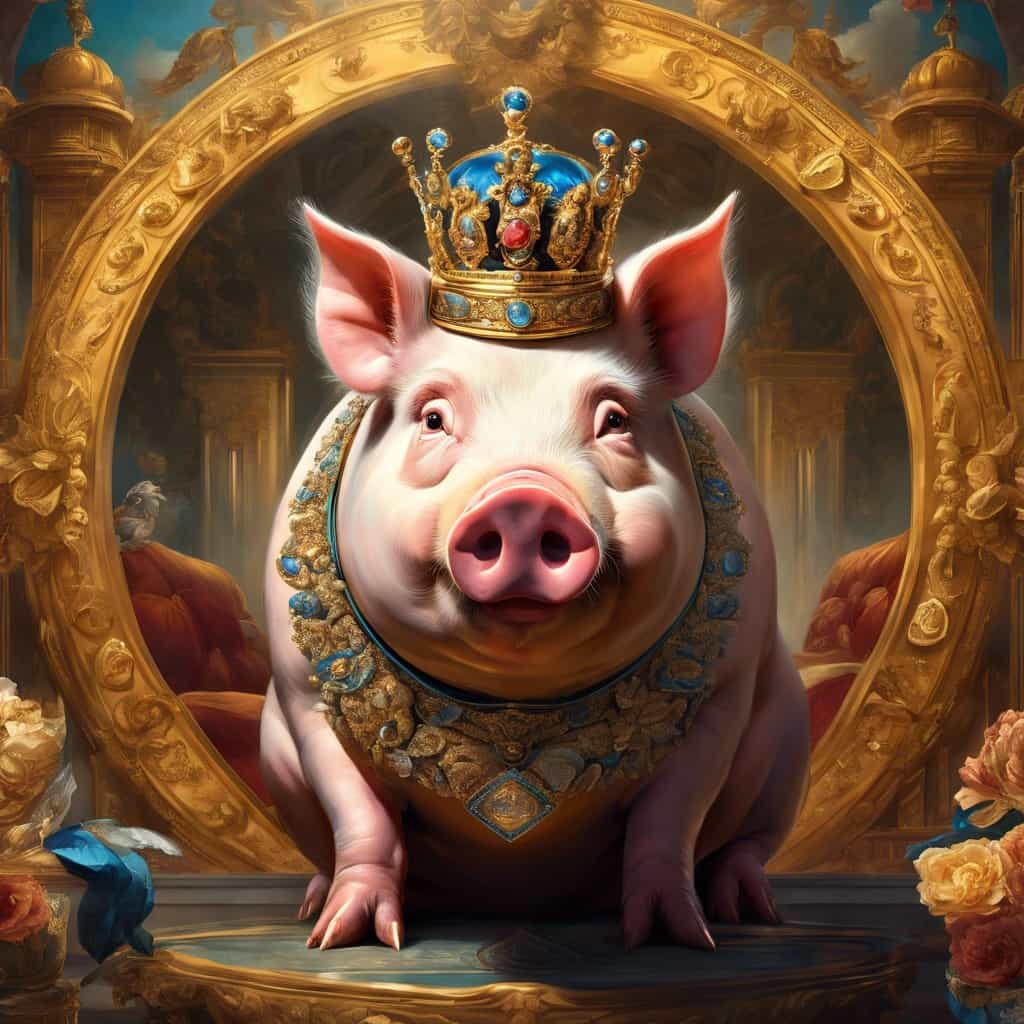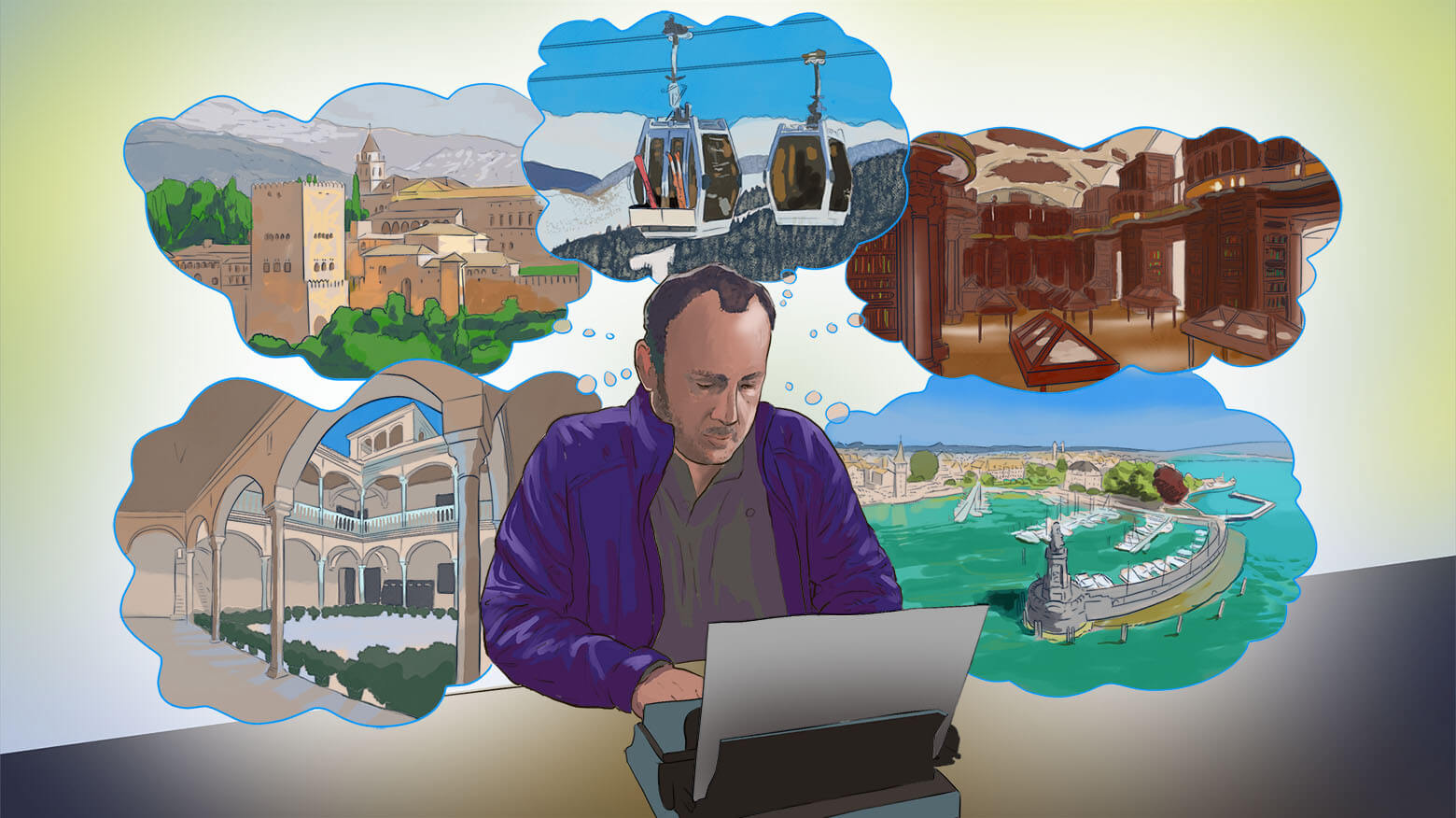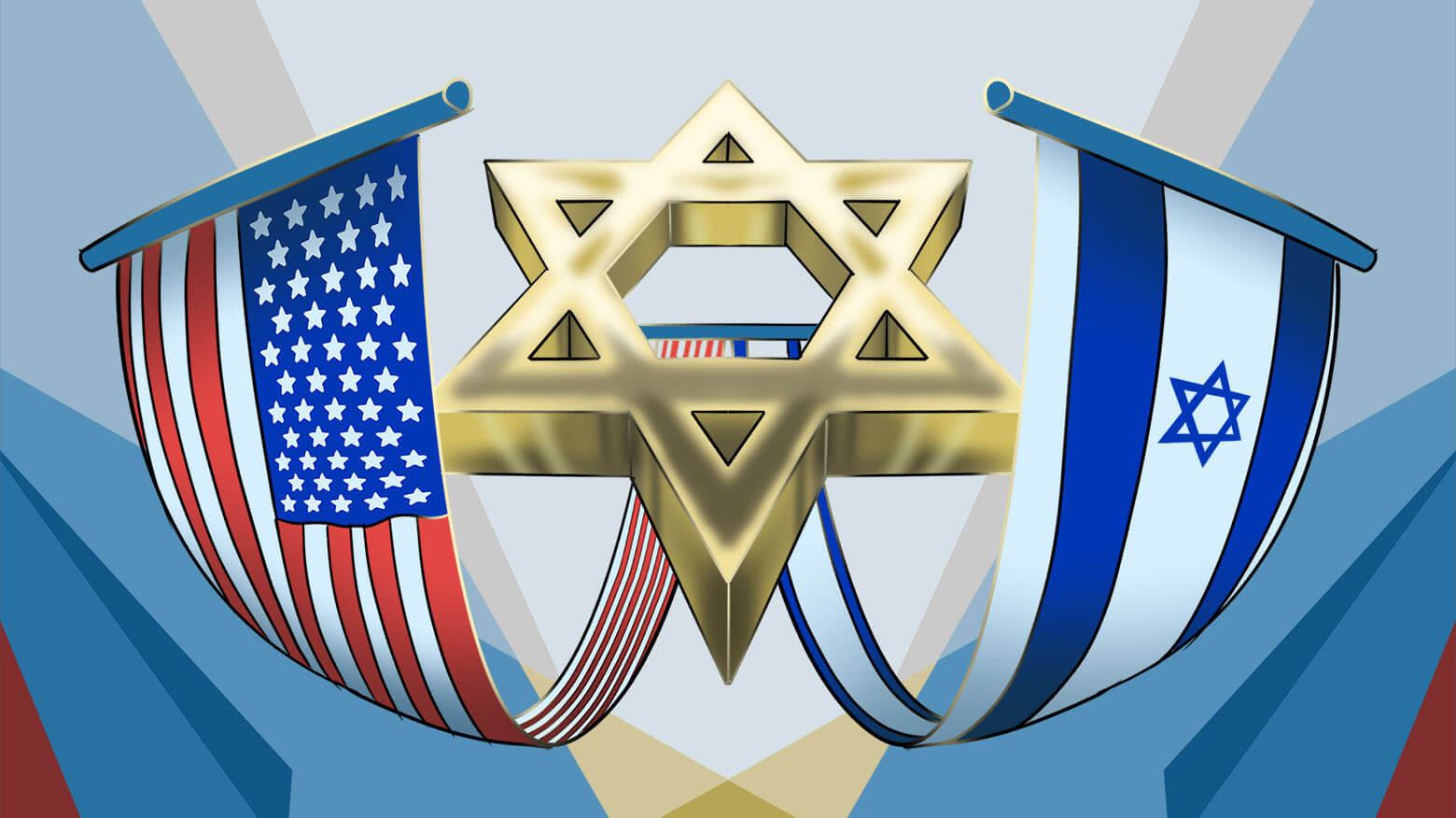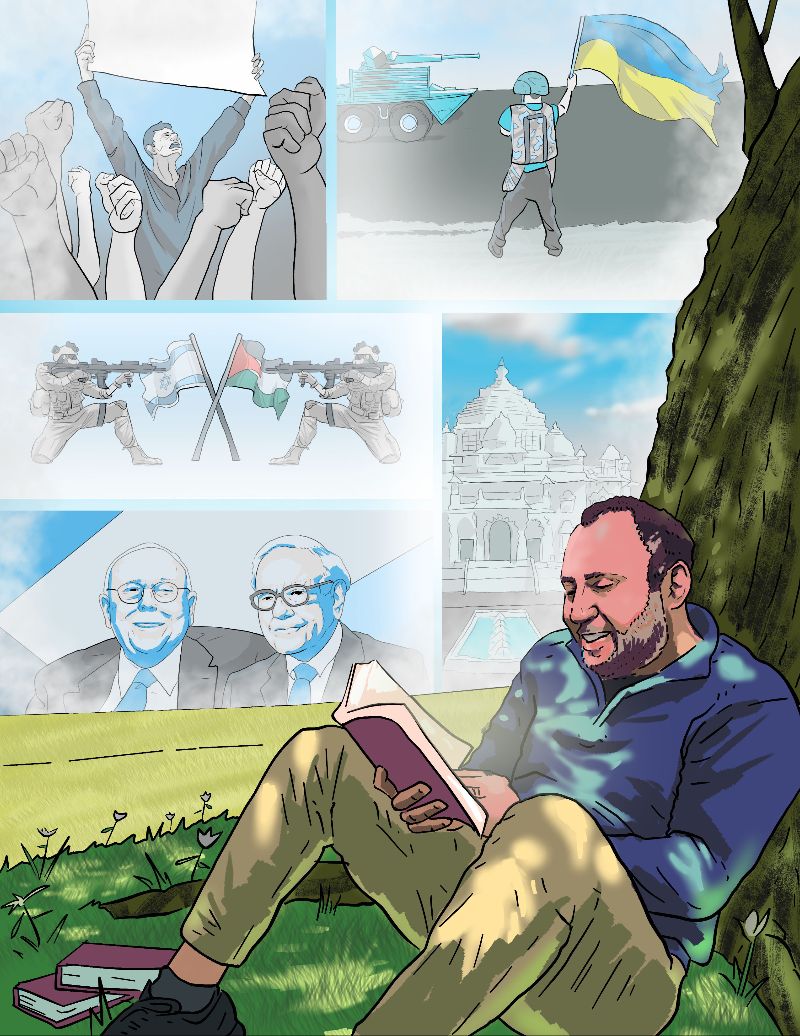Excerpted with permission of the publisher John Wiley & Sons, Inc. from Active Value Investing. Copyright (c) 2007 by Vitaliy Katsenelson
I spent my youth in Murmansk, a city in the northwest part of Russia (located right above the Arctic Circle). Murmansk owes its existence to the port that, due to the warm Gulf Stream, doesn’t freeze during the long winters, providing unique access to Russia from the north. During the Cold War, Murmansk’s coordinates must have been on the speed dial of the U.S. military, as it is the headquarters of the Russian Northern Navy Fleet (the headquarters actually are in Severomorsk, a town 20 miles away, but the distinction is rarely made). Fans of Tom Clancy’s The Hunt for Red October may remember Murmansk as the home base for the submarine Red October
The city revolves around its port, and its academic institutions are geared toward producing a workforce for the fishing and merchant marine industries. Since I was very young it was assumed that I’d attend either the Marine College or the Marine Academy. Both were semi-military schools where the students (cadets) had to reside in dormitories, wear navy uniforms, follow strict military-like rules, and take orders from navy officers (and ask no questions). The major difference between them was that the college accepted students after eighth grade and the academy after tenth (at the time Russia had a 10-year education system).
Russia has a draft army. It is not concerned about recruiting and thus treats its soldiers very poorly (an understatement). The pay is only high enough for soldiers to afford the postage to write home asking for money. Russian youth look at serving in the Russian army as akin to a two-year prison sentence (at least when I was there). The army avoidance in the late 1980s was not about fear of death, as the war in Afghanistan was over, but came from the dread of losing years of one’s youth and the dismay of humiliation, as the older soldiers commonly abused the younger ones. My very sane friend entered a psychiatric institution and faked mental disease just to avoid serving in the army.
My father and both of my older brothers graduated from the Murmansk Marine Academy. My father also taught electrical engineering at the academy for 27 years. Neither my brothers nor I had any dreams about being seamen. Quite to the contrary, my oldest brother could have been a philosopher (now he is a technology engineer); my other brother wanted to be anything but an electrical engineer (he is now a successful real estate broker in Denver). Our choices were limited: either attend one of these two semi-military schools or join the Red Army.
By the time I was finishing eighth grade, the law had changed: Cadets from the Marine Academy lost their draft exemption, but college cadets were spared. I enrolled in the Marine College and dreaded every moment I spent there, but the alternative was even worse.
My father has two younger sisters; one lived all her life in Moscow, while the other moved with her family from Moscow to Siberia in 1979. For a long time I wondered why my aunt and my cousins in Siberia never visited or called us. It seemed so uncharacteristic of our family, who were always very close. In the summer of 1988 my father finally told me that my aunt did not really move to Siberia—she immigrated to the United States of America. My immediate reaction was resentment toward her. The first words out of my mouth were ‘‘traitor’’ and ‘‘spy.’’
It sounds a bit silly now, but you have to understand I was a child of the Cold War. A couple of times a month my class walked to the movie theater (this was before VCRs) and watched propaganda documentaries about decaying capitalistic America, infested with the homeless, where black people are lynched, the poor are exploited by the rich, and people are poisoned by hamburgers (later, of course, I learned that the part about hamburgers was not a complete lie).
Russian movies showed Americans as evildoers, usually spies whose single goal in life was to destroy Mother Russia—the whole country was brainwashed. When I was nine years old, I attended a pioneer camp and went on a field trip. A foreign tourist, mesmerized by my smile and internal beauty (okay, that is just a wild guess), gave me bubble gum. My camp teacher, in horror, took it away, yelling that I was lucky to be alive as it was probably poisoned.
But back to my aunt. My father was not a bit surprised to hear the words ‘‘traitor’’ and ‘‘spy’’ come out of my mouth. He calmly explained that despite being well educated, his sister’s family had lived in poverty because they had faced the invisible anti-Semitic wall that is so often encountered by Jewish people in Russia. Though my parents always tried to shield us from anti-Semitism, I was often made aware that there was something wrong about me being Jewish, as even as a little child I often encountered a second-class-citizen attitude toward me.
My father also explained that he hid the truth about my aunt’s whereabouts from me (and my brothers) because the consequences of the truth leaking out to local authorities would have been dire. My mother and he could have lost their jobs, and my brothers and I would never be permitted to leave the borders of the country, which for (future) seamen would have been devastating. In fact, his sister who stayed behind was demoted due to the other sister’s departure for the United States—she was deemed guilty of betrayal by association.
After the glasnost reform (transparency, openness) of 1985, the decades of brainwashing were slowly supplanted by the truth. In the late 1980s few people could afford VCRs, but little VCR movie theaters were popping up on every corner. These movie theaters were usually in the basement of an apartment building: just several TV sets hooked up to a VCR. Unlike state-owned theaters, they were not censored and had the freedom to choose their repertoire. Picture and sound quality was terrible, as VHS tapes were copied dozens of times before they made it into a VCR. Movies were dubbed by one monotone voice that translated all characters. But all that did not matter; we were hungry for variety, and American cinema was it. After watching hundreds of these flicks, it became painfully obvious that America and capitalism were not so rotten after all, and despite what my camp teacher told me, Americans did not really have any intention of poisoning little kids.
Just a few years earlier it would have sounded absurd, but after my ‘‘Siberian’’ aunt’s invitation in 1990, we decided to immigrate to the United States. As my father says, he looked at his kids and saw no future for us in Russia. On December 4, 1991, we landed in New York City. Our new and in many ways harder (at least at first) life started, and we never regretted leaving Russia. Opportunity had a new meaning for us, and we’ve been calling the United States our country ever since. I am forever grateful to this wonderful country!










0 comments